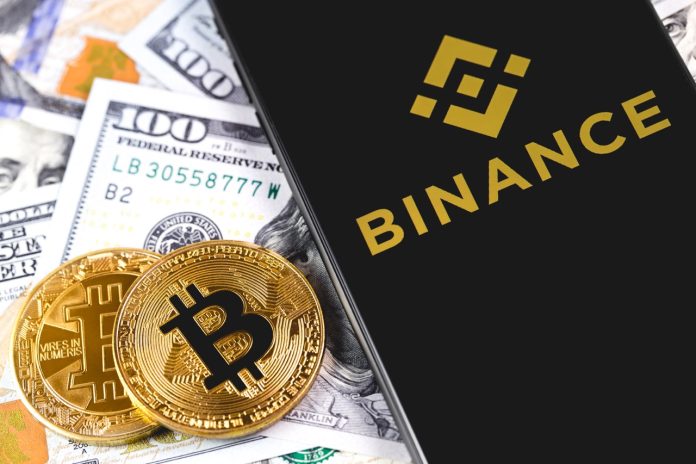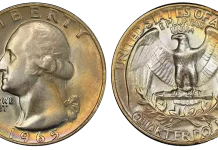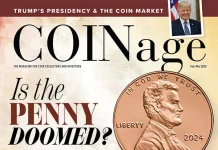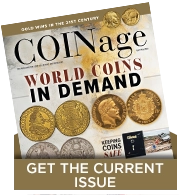
On behalf of the American people, the Securities Exchange Commission (SEC) has filed 13 charges against Binance, the world’s largest cryptocurrency asset trading platform. Also charged was Binance’s founder, Changpeng Zhao, a United Arab Emirates resident. The charges included operating an unregistered exchange, misrepresenting the trading controls that monitor transactions, and the unregistered offer and sale of securities instruments.
The SEC alleges that while Zhao publicly claimed that U.S. customers of Binance were restricted from transacting on the Binance.com website, Zhao secretly allowed high-net-worth U.S. customers to continue trading there. In addition, the SEC alleges that Binance exercised complete control of customer assets and that control permitted Zhao to co-mingle customer assets or to divert those assets as he pleased. It is alleged that some customer assets were diverted to an entity called Sigma Chain, again, owned and controlled by Zhao.
The SEC further claims that Sigma Chain engaged in manipulative trading and those trades artificially inflated the platform’s trading volume. The complaint also states that the defendants concealed co-mingling billions of dollars of investor assets and were sending them to a third party, Merit Peak Limited, which is further owned by Zhao. Binance is additionally charged with an unregistered offer and sale of its own crypto assets, an exchange token called BNB and a so-called stablecoin called Binance USD (BUSD).
COINBASE ALLEGATIONS
But the SEC wasn’t through at that point. They also looked at another prominent player in the cryptocurrency world – Coinbase. Coinbase bills itself as a secure online platform for buying, selling, transferring and storing cryptocurrency. The SEC alleges that Coinbase operates its crypto asset trading platform as an unregistered national securities exchange, broker and clearing agency. According to the complaint, Coinbase made billions of dollars unlawfully facilitating the buying and selling of crypto asset securities. Allegedly, Coinbase served as an asset exchange, broker, and clearing agency but it was not registered by the SEC to serve any of those functions. Similarly, the SEC alleges that Coinbase’s failure to register deprived its investors of significant protections that are afforded to other investors, and they also allege significant conflicts of interest.
“We allege that Coinbase, despite being subject to the securities laws, co-mingled and unlawfully offered exchange, broker-dealer, and clearinghouse functions,” said SEC Chair Gary Gensler. “In other parts of our securities markets, these functions are separate. Coinbase’s alleged failures deprive investors of critical protections, including rulebooks that prevent fraud and manipulation, proper disclosure, safeguards against conflicts of interest, and routine inspection by the SEC. Further, as we allege, Coinbase never registered its staking-as-a-service program as required by the securities laws, again depriving investors of critical disclosure and other protections.”
“You simply can’t ignore the rules because you don’t like them or because you’d prefer different ones: the consequences for the investing public are far too great,” said Gurbir S. Grewal, Director of the SEC’s Division of Enforcement. The upshot of these SEC enforcements against both Binance and Coinbase was that Binance paid a $4.1 billion fine to end the action, and Coinbase filed an appeal in December of 2023, which has yet to be heard and adjudicated.
PROTECTING INVESTORS
Is the rationale for these SEC actions to protect investors or are they ‘eliminating the competition’ if the Federal Government decides to issue a U.S. central bank digital currency?
With all of the problems that these unregulated, privately issued, separate cryptocurrencies and related exchanges have had over the last few years (think Terra, Luna, Voyager, Three Arrows Capital, BlockFi, Celsius and FTX) it is not surprising that our government is seriously looking at the ramifications of a ‘digital form of U.S. dollar issued by the Federal Reserve.’ The intent is to offer a truly ‘safe’ digital currency.
Several major differences of this possible new crypto would include ‘currency’ backed and regulated by the Federal Reserve and it also would hold legal tender status in the United States.
A federal crypto would also be readily accepted in cross-border payments. It would strengthen the value of the U.S. dollar and would give the public access to safe Central Bank funds. One difficulty could be that during the conversion process of creating and establishing this federal crypto, there could be a run on financial institutions by people trying to gather actual paper dollars.
Whatever happens, the public, for the most part, looks at federal safety precautions and stability as something that cryptocurrencies don’t currently have. Many people believe that federal protections and intervention will broaden the audience and legitimize these products. The net effect will be to give them a viability that they don’t presently have as well as a much broader appeal from more traditional investors.












